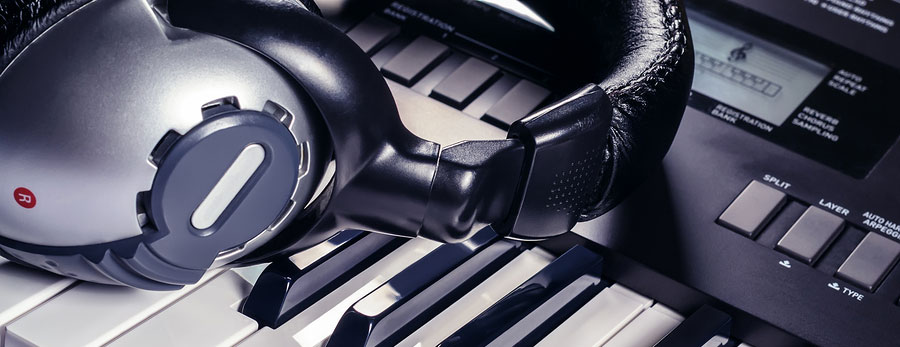
 Preparing for a recording session is not quantum physics. Nor do you have to be Einstein to figure it out. With a little preparation and attention to detail you can easily put yourself in a position to have great recording sessions time and time again.
Preparing for a recording session is not quantum physics. Nor do you have to be Einstein to figure it out. With a little preparation and attention to detail you can easily put yourself in a position to have great recording sessions time and time again.
If you’re new to this procedure (which is probably the case if you’re reading this article), here are some great tips to get you moving in the right direction.
Prepare Your Game Plan
One of the most important things you can do is prepare a game plan. You need to have clear-cut answers to questions like…
- What am I trying to accomplish with this session?
- How am I going to accomplish this?
- What am I recording?
- How much time do I have to get this done?
- Have I worked with this musician/artist before?
- Do I have the necessary paperwork ready?
Chances are, if you can answer these questions easily then you have a good scope on what you want to accomplish – if not, then break out the pen and pad.
By preparing a game plan ahead of time you are empowering yourself as an engineer.
Get Your Session Arrangement Organized
Get your session arrangement organized beforehand. This means you should have your DAW ready to go before your session starts. Don’t wait until your artist or musician arrives. If you did your homework, you should have some idea on what you’re recording. Based on what you’re recording, you should be able to organize your session files accordingly. For example, if you’re recording live drums have your drum tracks laid out and labeled before your drummer arrives.
Here’s a screenshot of a well-prepared session file for a hip-hop recording project that is about to begin. It’s simple yet effective!

You will notice the beat is tracked out and all tracks are labeled which allows for easy navigation throughout the song’s arrangement. This will allow me to stay organized amidst the recording process. If I throw a bunch of recordings on random tracks all over a session, I have to be prepared to go back and sort through it all! As a newbie I have done this in the past and most often times I end up doing circles around my elbow just to scratch my tailbone!
Most DAW’s allow you to set up “session templates” which will make this even easier in terms of a good starting point. Once you take the time to create this template it will instantly be ready for you on future sessions.
In addition to getting some good session templates organized, saving presets on certain plug-ins can save you some time as well.
The screenshot of the session above was prepared for a hip-hop vocalist so I loaded up some great vocal compression and EQ-ing plug in presets before the session started. Now all I have to do is tweak these presets and I know I’m well on my way to getting a quality sound.
Make Sure Your Equipment Is Geared Up And Working Properly
 Malfunctioning equipment can make a recording session a nightmare. You can prevent this by preparing ahead of time and taking good care of your equipment throughout the duration of its overworked life.
Malfunctioning equipment can make a recording session a nightmare. You can prevent this by preparing ahead of time and taking good care of your equipment throughout the duration of its overworked life.
If you’re set up beforehand, you will most likely know if your equipment is malfunctioning before the session begins. This could save you loads of time and trouble.
Don’t forget that some equipment like pre-amps take time to warm up for optimal results. Don’t be a dumb-dumb and wait until your session starts to do this or you and your artist/musician will be wasting a lot of time!
Help Your Session Vocalist/Musician Get Comfortable
It’s important to note that when I say “get comfortable” I don’t mean tell your drummer to show up wasted before your session. All I am saying is let him get warmed up before you start pressing the record button.
If you’re dealing with a really confident musicians or vocalist and they think they don’t need to warm up… Make them! It’s your job as an engineer to make sure you’re getting the best recording of the best performance!
Summary
Preparing for a recording session ahead of time leads to many benefits – most importantly – a smooth session. If I know I have a recording session at 2pm then I start this process of preparation about an hour ahead of time. Even if it doesn’t take me that long at least I know everything is in order and I am in position to command the session. Doing so gives me a boost of confidence.
Artists and musicians typically respond/perform better with a confident, organized Engineer and being organized will save you from lots of headaches.